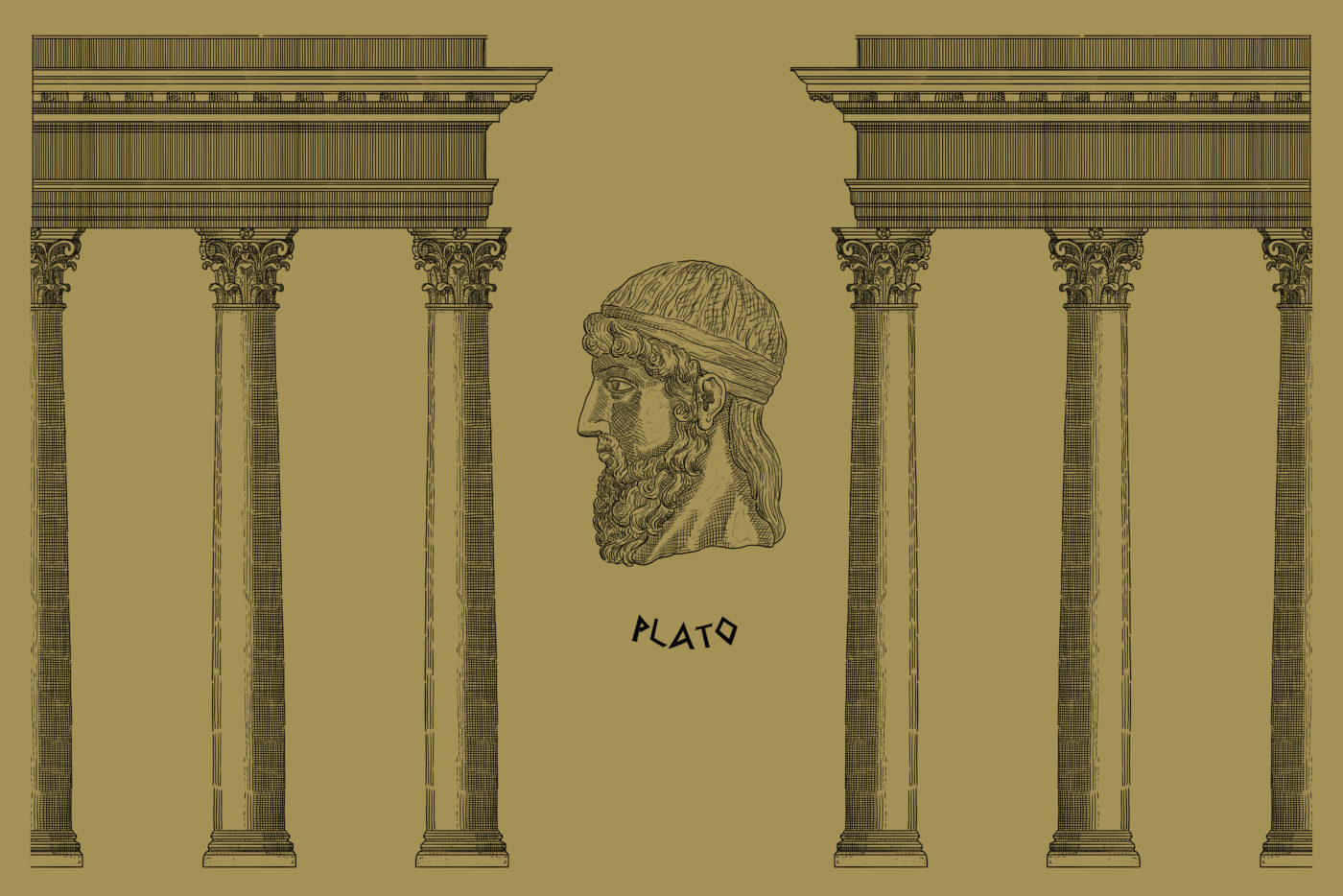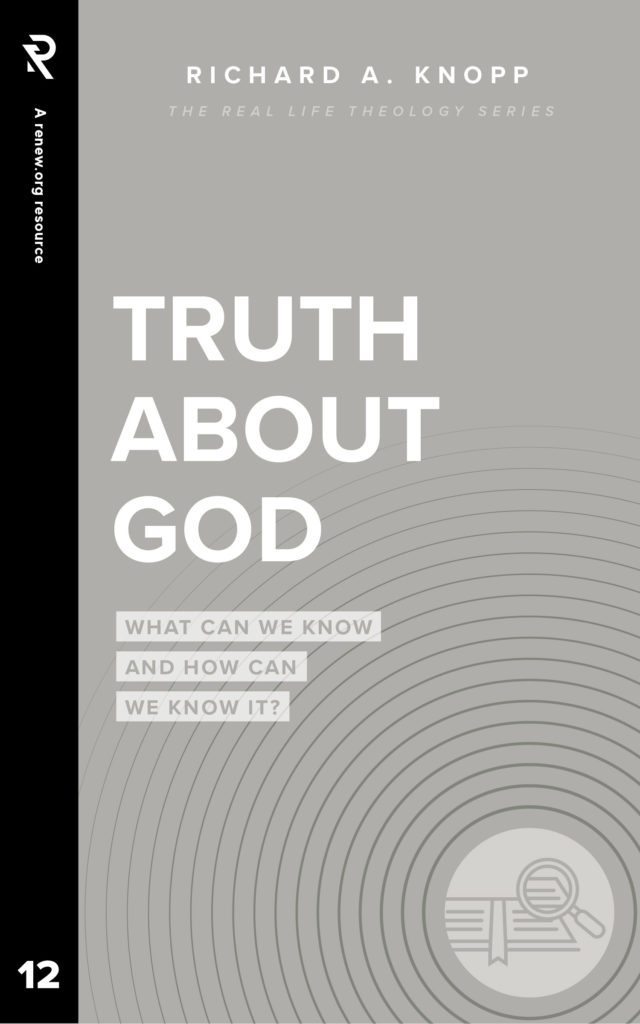
5 Lessons Christians Can Appreciate from the Philosopher Plato
What can Christians learn from the ancient philosopher Plato on the soul’s immortality, the search for truth, the source of virtue? Here are five lessons Christians can appreciate from Plato.
#1 – The search for truth is noble.
“The truth is, o men of Athens, that God only is wise; and in this oracle he means to say that the wisdom of men is little or nothing . . . I go my way, obedient to the god, and make inquisition into the wisdom of anyone, whether citizen or stranger, who appears to be wise; and if he is not wise, then in vindication of the oracle I show him that he is not wise.”
—Plato, Apology
The search for truth is noble, and, when done faithfully and openly, leads one to God. Socrates was Plato’s mentor and the main character in many of Plato’s dialogues. Socrates was about truth: What exactly is truth? Who has truth? His was a search for wisdom. Plato’s Apology is a narration of Socrates’ defense of himself against the accusation by the Athenian Senate that he had been corrupting the youth of Athens. In his defense, he explains that he sought to understand wisdom from many experts: artisans, politicians, etc. His conclusion was that none of them knew.
“Our fundamental search hasn’t changed much, as today’s crucial questions continue to be what exactly is truth and who has it?”
Our fundamental search hasn’t changed much, as today’s crucial questions continue to be what exactly is truth and who has it? Jesus explained in John 8:31-32, “If you continue in my word, you really are my disciples. You will know the truth, and the truth will set you free.” Christians, of all people, should be relentless searchers for truth. The old saying goes that all truth is God’s truth. And we know that Jesus is the truth. In that way, Christians have nothing to fear from seeking truth: truth will bring us to a deeper understanding of God and a more intimate relationship with him.
#2 – God can partner with you for great kingdom purpose.
“God would seem to indicate to us and not allow us to doubt that these beautiful poems are not human, or the work of man, but divine and the work of God; and that the poets are only the interpreters of the Gods by whom they are severally possessed. Was not this the lesson which the God intended to teach when by the mouth of the worst of poets he sang the best of songs?”
—Plato, Ion
The possession language aside, Plato has a point about the divine using those that are less than the obvious choice for kingdom purposes in order to demonstrate divine power. The Bible shows this principle through numerous stories, e.g., Jacob over Esau (Gen. 25:23), Joseph over his brothers (Gen. 37:5-11), David as king (1 Sam. 16:5-13). In each of these situations, God chooses the counter-cultural choice. If you have a heart that seeks God’s ways, then you can make disciples with Jesus as well, no matter who you are or what you think of yourself. God wants you.
A second truth this passage from Plato reminds us is that when great beauty is created, even by those yet to believe, it demonstrates the glory of God. In such talent and creativity, we see both the imago dei (that all humans are created in God’s image) and common grace given to all.
#3 – Virtue starts with God.
“Then, Meno, the conclusion is that virtue comes to the virtuous by the gift of God.”
—Plato, Meno
God and morality (ethics, virtue) are intimately tied together in ways beyond our understanding. Plato helps us see that virtue comes to us by a gracious gift of God. The Bible helps us understand this truth in a few ways. First, God creates us with a moral conscience (Rom. 2:14-16) that knows general moral truths. Second, God gives us a moral example to follow in the life of Jesus (John 13:15). Third, God gives us Scripture to prepare us for good works (2 Tim. 3:16-17). Finally, God gives us the spiritual power through the work of the Holy Spirit to live the virtuous life (Gal. 5:22-25).
#4 – There’s more to our world than what we see.
“To them, I said, the truth would literally be nothing but the shadows of the images.”
—Plato, The Republic
In perhaps the greatest bit of philosophy ever written, Plato uses an allegory of prisoners trapped in a cave to suggest that the simple world of change and sense experience is not all that there really is. Plato discusses the nature of knowledge, truth, and the Good, as well as the state of the citizens of Athens all through this allegory.
“We currently only see the world as a reflection in a mirror.”
But, for our purposes here, I appeal only to this idea of taking shadows as truth. In 1 Corinthians 13:12, Paul writes that we currently only see the world as a reflection in a mirror. There’s more to God’s wonderous creation than we could ever take in. Our hope is in King Jesus who promises to fully restore this broken creation someday, even as he has already begun the process and is working through the church. Our trust is that God is weaving together all of reality to expand and establish his ultimate kingdom. As Jesus implores us, “Seek first the kingdom of God, and his righteousness” (Matt 6:33).
#5 – The soul lives on.
“That soul, I say, herself invisible, departs to the invisible world to the divine and immortal and rational: thither arriving, she lives in bliss and is released from the error and folly of men, their fears and wild passions and all other human ills, and forever dwells, as they say of the initiated, in the company with the gods.”
—Plato, Phaedo
In Phaedo, Socrates is facing his immanent death at the hands of the Athenian Senate by way of drinking poison. He has one more lesson to give as he discusses the nature of the soul with his student Phaedo. He converses about the existence of the soul, the immortality of the soul, and even a quick theory about how knowledge works.
“We are more than just our bodies.”
We are more than just our bodies. Although sometimes the word “soul” is used (Luke 12:20) and at other times the word “spirit” (Eccl. 12:7), the Bible makes it clear that we have an immaterial core identity that lives on after death (James 2:26; 2 Cor. 5:8), even as we look forward to an embodied existence in a resurrected body when Jesus finally returns at the end of time (1 Cor. 15:42).
Because of these truths, we can focus less on those temporal, fleeting aspects of reality and dedicate our lives to those things that endure. Jesus said, “Store up for yourselves treasures in heaven, where neither moth nor rust destroys, and where thieves don’t break in and steal” (Matt. 6:20). The Christian must remain committed to what is everlasting: making disciples of those who are yet to believe.








